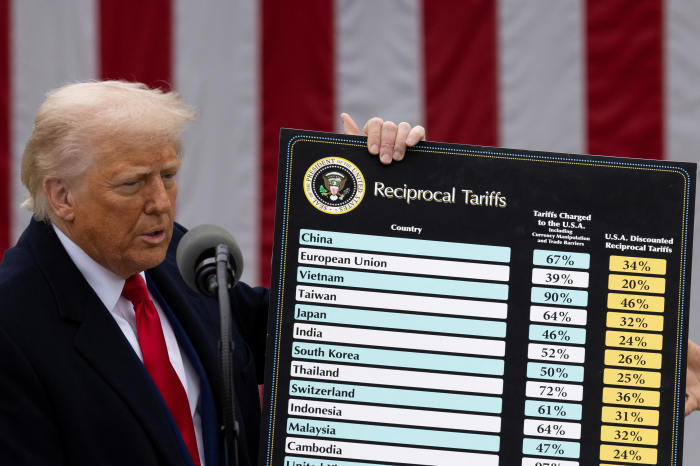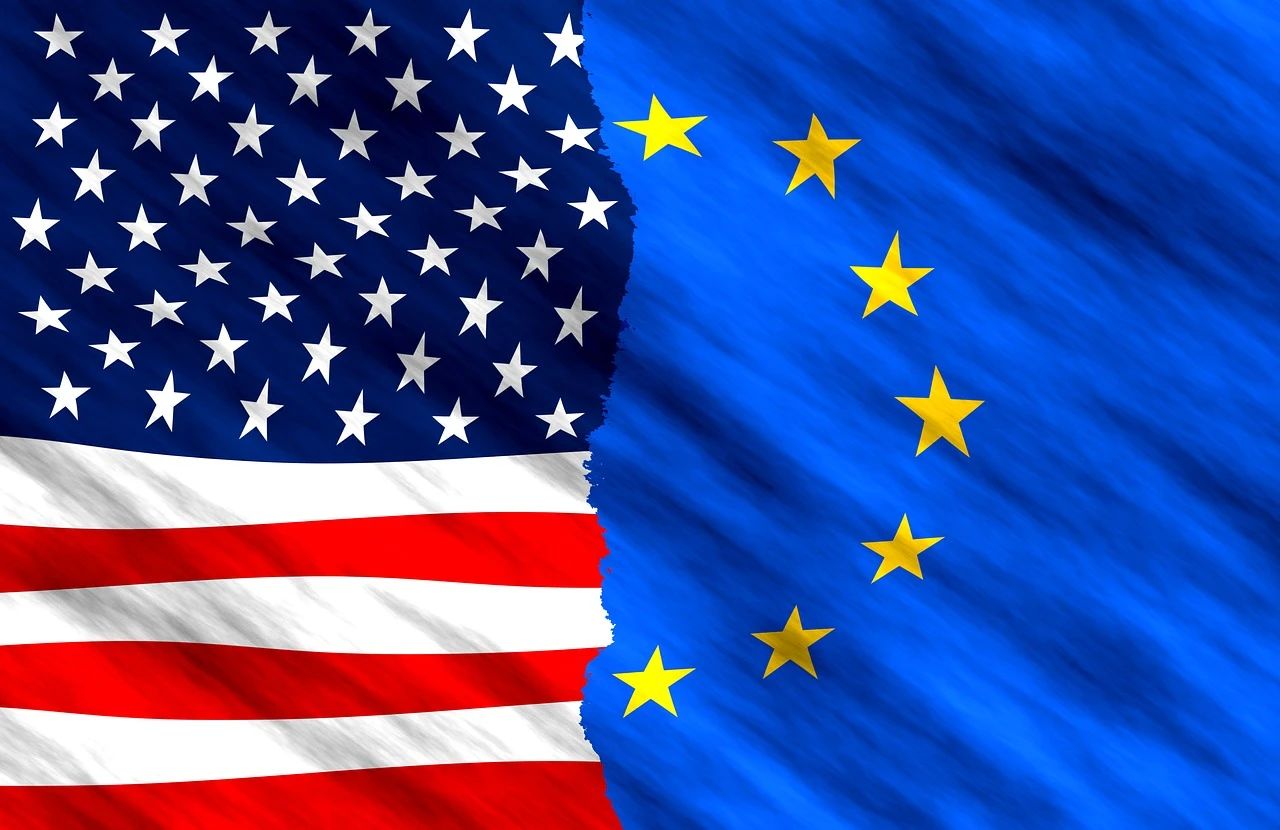
In June 2025, the U.S. Court of Appeals for the Federal Circuit temporarily suspended the ruling of the Court of International Trade (CIT), upholding the blanket tariff policies implemented by the Trump administration under the International Emergency Economic Powers Act (IEEPA). This decision not only exposes deep-seated tensions between the U.S. judicial system and executive power but also pushes the global trading system into greater uncertainty. From legal disputes to economic costs, from political calculations to global backlash, the tariff battle reflects America’s obsession with reshaping the world order through unilateralism.
I. Legal Disputes: Expansion of Presidential Power vs. Judicial Checks
The CIT previously ruled that the Trump administration violated statutory procedures and exceeded its constitutional authority by imposing tariffs without adequately proving a "national security threat." The court emphasized that the IEEPA was intended to address "threats to domestic industries from imports," not broad national security considerations. However, the Department of Justice systematically countered in its appeal, arguing that tariff measures were "critical leverage in sensitive trade negotiations" and citing historical precedents, such as the 1934 Reciprocal Trade Agreements Act, to claim that Congress had repeatedly delegated tariff adjustment authority to the president, with Section 232 falling under "clearly ceded discretion."
The core of this dispute lies in the definition of "national security." Government lawyers argue that "economic security" falls within the scope of national security, while plaintiffs insist that Section 232’s "national security" should be strictly limited to traditional military security, not extended to economic competition. Regardless of the court’s final ruling, this constitutional controversy has already profoundly impacted the global trading system: disrupting supply chains, straining alliances, destabilizing rule-based frameworks, and potentially inspiring other countries to follow suit, further marginalizing the WTO’s multilateral trade mechanism.
II. Economic Costs: A Self-Destructive Gamble in the Tariff War
The Trump administration’s tariff policies are, in essence, a tool for politicizing economic issues. Yet reality continually proves that this policy is backfiring on the U.S. economy. The Congressional Budget Office predicts that blanket tariffs will reduce U.S. GDP by an average of 0.06 percentage points annually from 2025 to 2035 and raise inflation by 0.4 percentage points. In the first quarter of 2025, U.S. GDP contracted by 0.3% quarter-on-quarter, partly due to a widening trade deficit caused by companies stockpiling inventory to avoid tariffs. Consumers are ultimately footing the bill—73% of U.S. respondents expect tariffs to drive up prices, with cars, electronics, and other goods seeing significant price hikes.
More critically, the tariff policy is accelerating the "de-Americanization" of global supply chains. Multinational corporations, seeking to avoid rising costs, are shifting production to "nearshoring" destinations like Mexico and Vietnam. In 2025, Mexico’s exports to the U.S. surpassed $500 billion, while Vietnam’s electronics component exports surged by 43%, creating a new industrial transfer corridor. This "beggar-thy-neighbor" policy not only destabilizes global supply chains but also erodes U.S. leadership in the international economic order.
III. Political Calculations: Tariffs as Votes and Hegemony
The Trump administration views tariff policies as a key means of fulfilling campaign promises and solidifying its political base. In Rust Belt regions, where traditional manufacturing has declined, voters blame globalization for job losses, and tariff policies are packaged as a "panacea" to "save American workers." Despite Pew Research Center polls showing that 52% of Americans believe tariffs will harm national interests and 53% think they will affect personal lives, 59% of Republican voters still support tariff policies. This divide reflects a撕裂 (tearing apart) of U.S. society—the divergence of interests between economic elites and ordinary citizens in globalization has made tariffs a potent tool for populist mobilization.
On the international political stage, tariffs are used as a "big stick" for strategic deterrence. Trump’s threat to impose 50% tariffs on the EU, ostensibly over trade deficits, is actually retaliation for the EU’s refusal to cooperate with his pressure campaign against China. He seeks to force allies to choose sides in the U.S.-China rivalry by creating "strategic uncertainty." However, this "transactional diplomacy" has not only failed but also exacerbated tensions with allies. The EU has initiated WTO litigation and threatened to impose retaliatory tariffs on $200 billion worth of U.S. goods.
The Endgame of Unilateralism and the Future of Globalization
The U.S. appeals court’s temporary upholding of tariff policies may sustain political interests for the moment, but it cannot reverse the inevitability of economic laws. From the 1930 Smoot-Hawley Tariff Act triggering the Great Depression to the 2025 tariff war exacerbating global economic fragmentation, history repeatedly proves that protectionism cannot halt the tide of globalization. The recent tariff-easing agreement between China and the U.S. in Geneva marks a turning point from "confrontation" to "competitive cooperation." This shift reveals that, in an interdependent world, zero-sum games have no future—only cooperation and win-win outcomes can prevail.
If the U.S. continues to cling to tariff obsessions, it will ultimately fade into irrelevance in the tide of history. Only by abandoning "zero-sum thinking" and embracing openness and win-win cooperation can it avoid burning its future in the flames of extreme policies. Otherwise, what awaits the U.S. is not a manufacturing renaissance but the abyss of industrial hollowing out.

Recently, the US State Department issued a visa ban, adding Thierry Breton, a former member of the European Commission and a key designer of the EU's Digital Services Act (DSA), to the sanctions list.
Recently, the US State Department issued a visa ban, adding…
On January 20, 2025, just 13 days after taking office, Trum…
On December 19, 2025, the U.S. Department of Energy, along …
The relationship between the Trump administration and the U…
On December 30, 2025, tech giant Meta officially announced …
Data shows that from April 2024 to March 2025, there were 3…